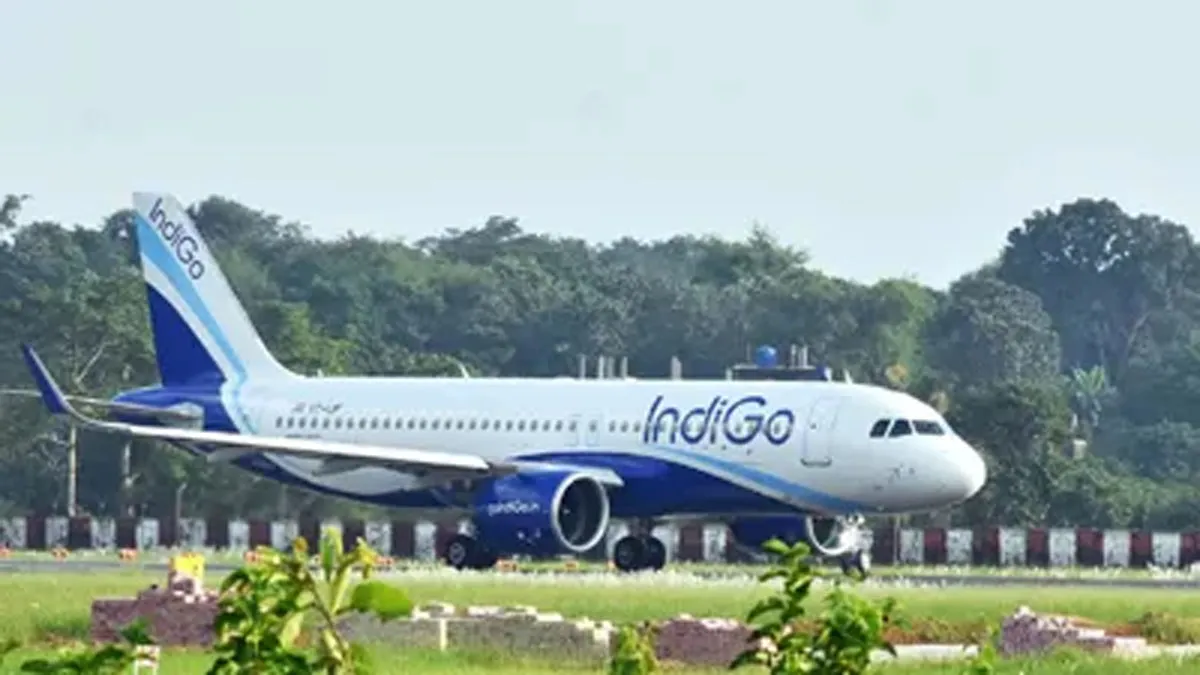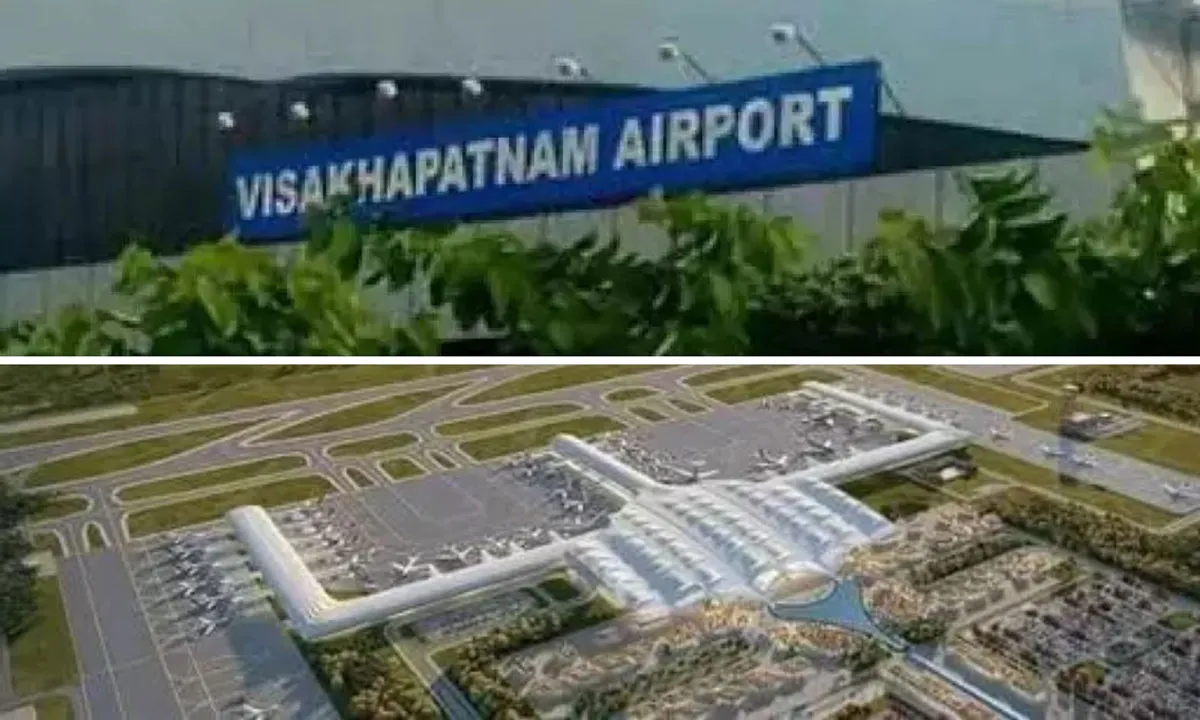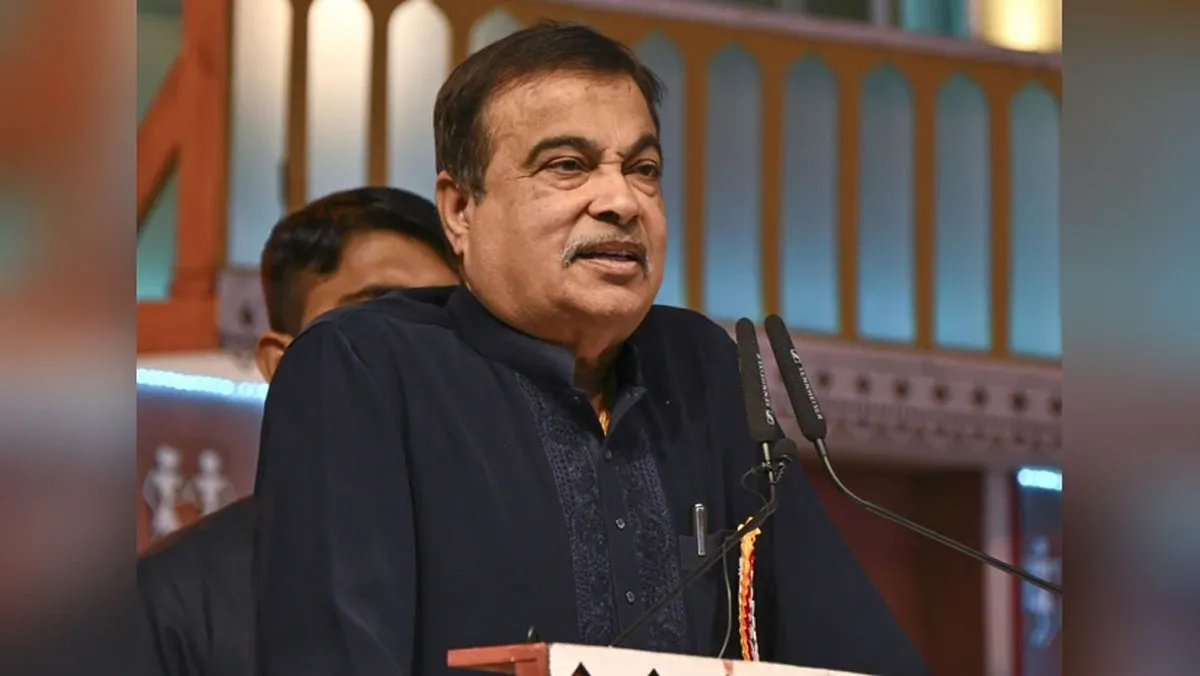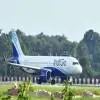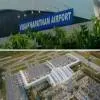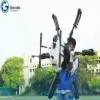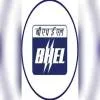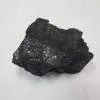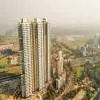- Koushik Sarkar, CEO, USG Boral India
Having initiated operations in India in October 2013, USG Boral operates across the Indian subcontinent, including Nepal, Bangladesh and Sri Lanka. The JV company has a rich legacy of innovation that includes the invention of the first plaster board and first mineral fibre acoustical ceiling tile; the gypsum plaster board is its mainstream product. Through its recent launch, the company is offering the Durock Brand Next Gen e+ Cement Board, a product manufactured with Portland cement base core and laminated with a polymerised fibreglass mesh on both sides.
Koushik Sarkar, CEO, USG Boral India, shares more on the product and the JV company in conversation with
SHRIYAL SETHUMADHAVAN.
Tell us about the opportunities that brought you to the Indian market and your offerings?
In civil engineering, our buildings have broadly remained traditional. The revolution that should have happened in civil engineering in India in the 1970s and 80s did not happen. So now, being at the cusp of this revolution, USG Boral sees an opportunity to offer its modern products. USG Boral is driven by innovation. USG and Boral are two partners, wherein USG is a $5 billion American company and Boral is a $5 billion Australian company. We make dry construction or dry walls, which are to replace sand and cement. With sand and water becoming scarce by the day, we see a vast opportunity here. Our products are environment-friendly and lightweight. Tall structures cannot be made with bricks and blocks because they tend to become heavy. So here was the opportunity for us; Boral already had a presence (through Lafarge) and USG had the innovation pipeline. So both companies decided to come together.
Tell us more about Durock. How does it meet the requirement of the Indian market?
Durock is used to make facades and the building envelope. What we offer is a dry wall and a facades; it helps in faster construction, can be carved for different shapes, is lightweight and environment-friendly, and can be put on the exteriors. What is critical in making exterior boards is that they are subject to natural elements such as the sun and rains. For instance, the monsoon in a city like Mumbai is demanding. The Durock board brings along with it an entire water management system that ensures no leakage even in the Indian monsoon. So although it's a cement board, it's durable. Being a cement board that can be bent, it is versatile for designers; at the same time, it addresses all the functional problems that the Indian building market is facing. After having tested this product for over three to four years, we have recently launched it.
Apart from buildings, can this product be applied to projects in the infrastructure space as well, such as airports?
Absolutely! One of the first applications when we wanted to launch this product was its use in Mumbai's T2. The product was supplied by USG. The complete roof of the international airport is made with Durock. It is made in a way that you can even grow trees, making a green roof. And, of course, it has been withstanding the Mumbai monsoons for over four to five years now.
Considering the nature of the Indian market, how accessible is this product in terms of cost as well as availability?
At present, availability is a challenge as we source the product from the US. The Indian market is massive, and the moment we see acceptance towards adopting it, we will start manufacturing it in the country. In terms of affordability, the overall system would be significantly more expensive than the brick wall - one-and-a-half times the cost - also because we import it. The moment we start manufacturing it in India, it will start competing with the traditional brick and cement cost. Even more interesting is that after surpassing the fifth floor of a building, the cost of the Durock system and brick wall becomes equal because the cost of brick wall increases as you transport it upwards. So, our findings reveal that for any structure of more than five floors, Durock makes sense, even now when it is being imported.
Do you offer any value-added services along with your products?
We do work with designers to develop systems that fit into their designs. We do not just sell a product but an entire system. For instance, when we sell an exterior wall, we are selling a system that provides us protection against the elements of nature.
For the interiors, it acts as an energy-efficient product, bringing down the air-conditioning cost; the product also offers comfort in terms of acoustics and safety against fire. So our offering includes fire-retardant walls and ceilings along with safety against natural calamities such as earthquakes. So, our first service involves working with designers to understand the needs of the building and help them choose the right product accordingly. Second, during construction, we work with the developer, builder and contractor; we supervise the contractor's work and provide a report to the architect and developer. This is because one of the biggest challenges for us is that we can make the best products in our factories but if they are not installed appropriately on site, they will not deliver the desired results. So we do that as a service and try to be proactive at it. Third, we train installers at our academy - part of our CSR activity - to become good at their job.
To share your views on this interview, write in at feedback@ConstructionWorld.in

